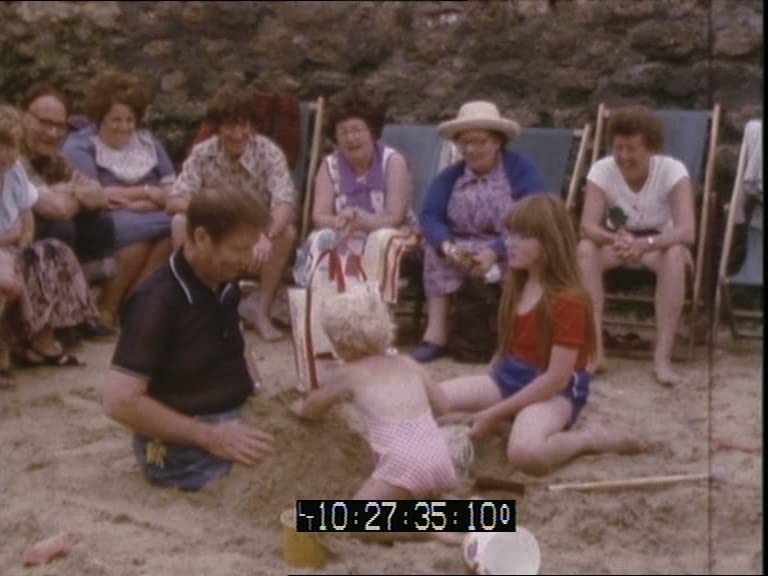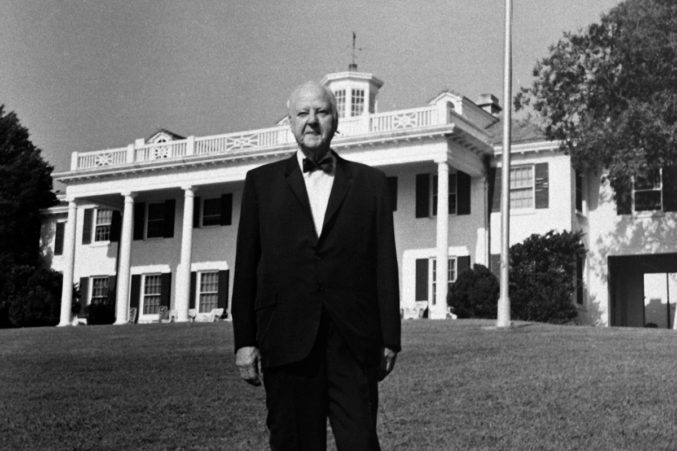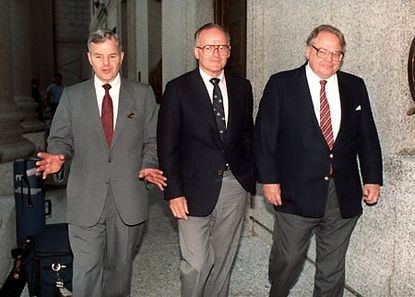His film was broadcast by the BBC on Tuesday 19th April 1983, only one day after 33 people were killed when terrorists bombed the US Embassy in Beirut.
















Stagflation 101
— Sahil Bloom (@SahilBloom) September 2, 2020
The term "stagflation" is used frequently in discussions of monetary policy and risks in the post-COVID world.
But what is stagflation and how does it work?
Here's Stagflation 101!
\U0001f447\U0001f447\U0001f447 pic.twitter.com/at4FmaCmkM
